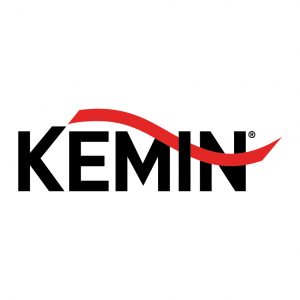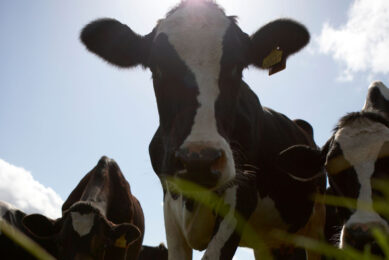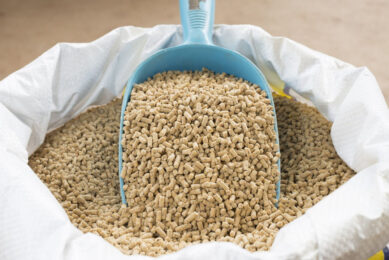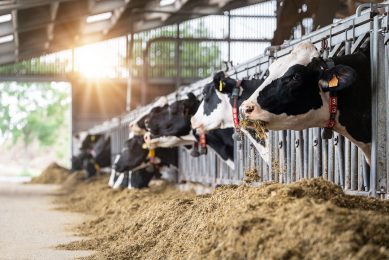Ensuring the profitability of feed processing
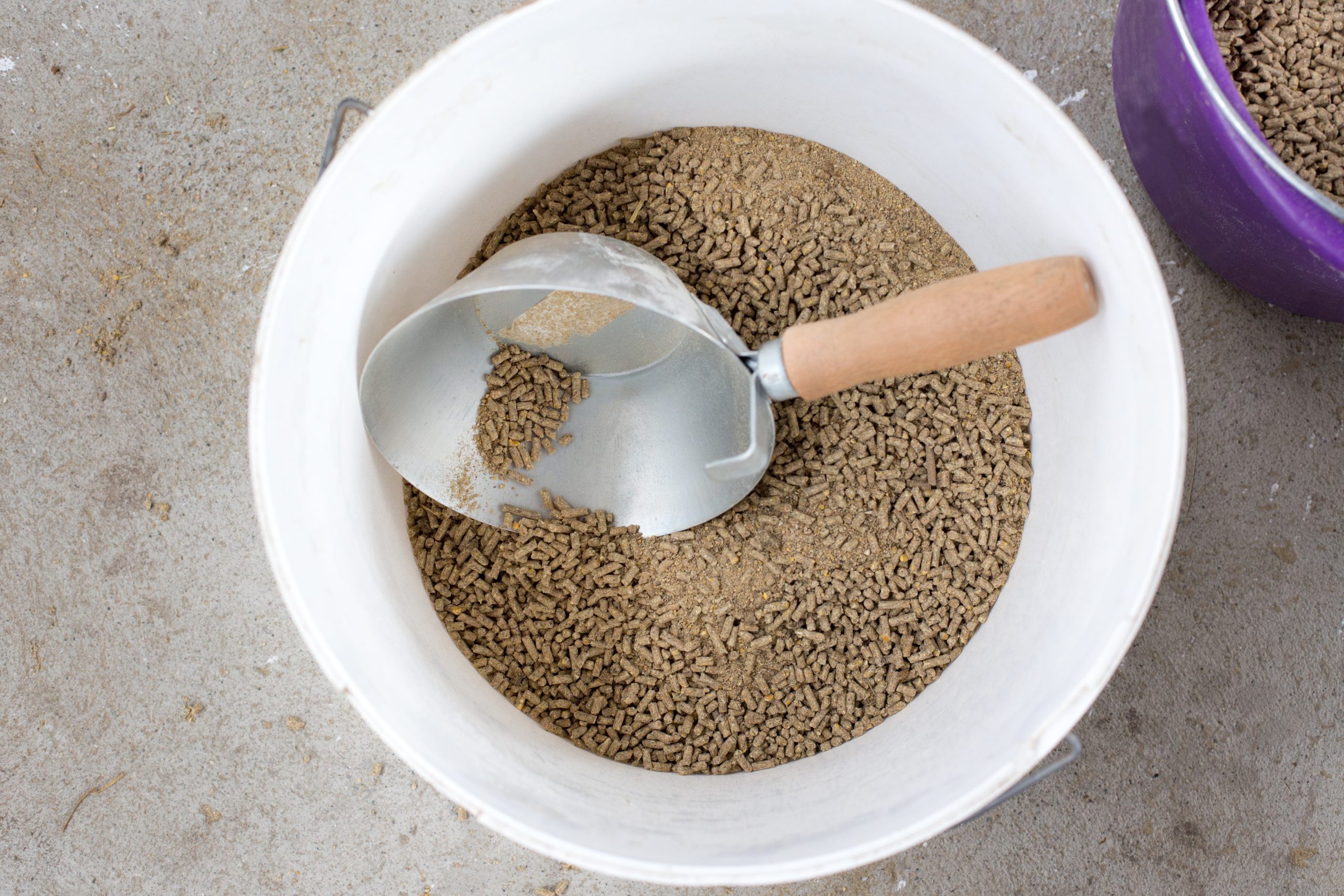
Feed mills are fundamental to animal production. The high milling efficiency of modern feed mills contributes significantly to ensuring secure supplies of food of animal origin for the human population.
Compound feed production is a complicated operation that requires processing of a heterogeneous mixture of several ingredients into uniform pellets. Feed mills are now facing important challenges. These include ensuring profitability and safety of milling operations. There are wide variations in prices and often in supply of feed raw materials.
Energy costs, consumer demands, regulatory requirements, competition pressure and low prices for livestock products are all factors, which impact upon feed mill profitability. Other areas that will pay dividends are sustainability and process control automation to reduce variability and improve data collection and record keeping.
Securing feed profitability and productivity
Feed mill operators have done just about all they can to increase feed profitability by reducing costs at the raw material level. There are additional ways to increase feed production profitability and feed processing productivity.
Good pellet quality is important as it brings several benefits such as compaction which reduces the volume of the feed, saving transport and storage capacity. Good pellets have a homogeneous shape and are stable in transport and storage, which will reduce loss from dust or fines. Good quality pellets with little dust or fines are usually well accepted by the animals avoiding selective feed ingestion by the animals.
Importance of pelleting
The pelleting process can be evaluated by the following criteria; pellet quality (expressed as abrasion index), feed processing productivity and energy consumption. Energy use is significant in feed manufacturing and needs to be reduced as part of a sustainability programme and from an economic standpoint. To enhance energy efficiency and productivity, pellet quality and mass throughput the die dimesinons need to be optimised.
Feed manufacturing is a complicated and expensive business and to maintain feed profitability it is important to ensure that all aspects of the manufacturing process are optimised. Good monitoring of the process and data collection becomes increasingly important to manage the modern feed mill.
Customised program for feed millers
Through product development, equipment manufacturing and engineering technology, Kemin is able to make substantial contributions to improving the profitability of feed manufacturing. The company has designed a customised program for feed milling customers called MillSmart. According to Kemin, the program increases feed mill profitably and process productivity by reducing energy costs, improving throughput, pellet quality and providing higher production output. It also ensures feed safety. The Millsmart programme is now available in many of the 90 markets in which Kemin operates.
In today’s world, all improvements that can be made to optimise the bottom line in feed production through introducing interventions to improve processor are very welcomed by feed manufacturers. Through securing an efficient production process, a competitive advantage can be generated. The feed mill is no longer seen as a cost-centre but with the customised programme as a tool to optimise the feed value and feed mill operations.


